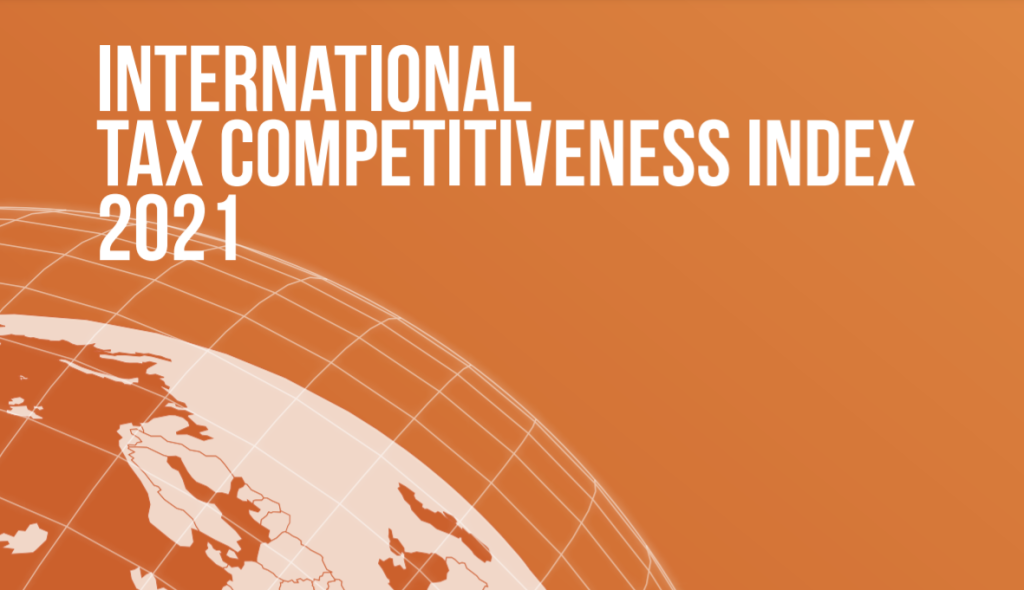
State Can Print Money, Not People
Governments have responded to the pandemic by printing money, thus disrupting the usual economic relationships. Financial capital, which was long been regarded as a most-demanded resource, has lost its position to raw materials which in turn have lost to labor force.











